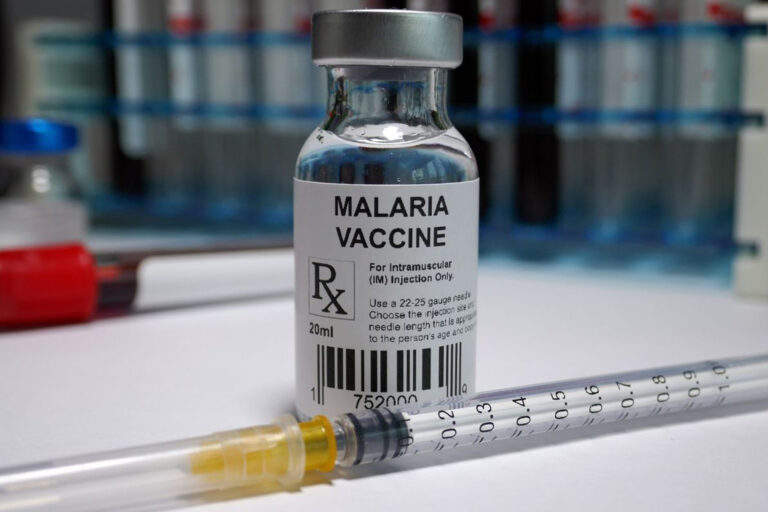Unlike other attempts in the same field, the vaccination, known as R21, seems to be extremely effective. The vaccine’s safety and effectiveness from the last study, which is not yet available to the public, have been evaluated by Ghana’s drug authorities, who have chosen to employ it. The vaccine is also being considered for approval by the World Health Organisation. Roughly 620,000 individuals die from malaria every year, the majority of them are small children. A century-long scientific endeavour has been dedicated to creating a vaccine that will shield the body from the malaria parasite.
Trial results from early research conducted in Burkina Faso indicated that the R21 vaccine, administered as three initial doses plus a booster a year later, was up to 80% effective. Scientists say a new malaria vaccine is revolutionising the world.
Nonetheless, the outcome of a larger experiment involving up to 5,000 youngsters will determine whether the vaccine is used widely. Although they were supposed to happen by the end of the previous year, they have still not been officially announced. They have, nevertheless, been shared with scientists and a few African governments.
Though I haven’t seen the final data, I’ve been informed it paints a picture that’s comparable to the earlier research.
The vaccination for children between the ages of five months and three years has been approved by Ghana’s Food and Drugs Authority, which has access to the data. The World Health Organisation and other African nations are also examining the information. African nations are announcing that “we’ll decide” in response to being left behind in the Covid-19 vaccine deployment during the pandemic, according to Prof. Adrian Hill, head of the Jenner Institute at the University of Oxford, where the vaccine was developed. He stated: “We expect R21 to make a major impact on malaria mortality in children in the coming years, and in the longer term [it] will contribute to the overall final goal of malaria eradication and elimination.”
The Serum Institute of India is building a vaccine facility in Accra, Ghana, and is getting ready to produce 100–200 million doses annually. It is anticipated that each dose of R21 will cost a few dollars. The Serum Institute’s CEO, Adar Poonawalla, stated: “Developing a vaccine to greatly impact this huge disease burden has been extraordinarily difficult.” Ghana, he continued, represents a “significant milestone in our efforts to combat malaria around the world” as the first nation to approve the vaccine.


